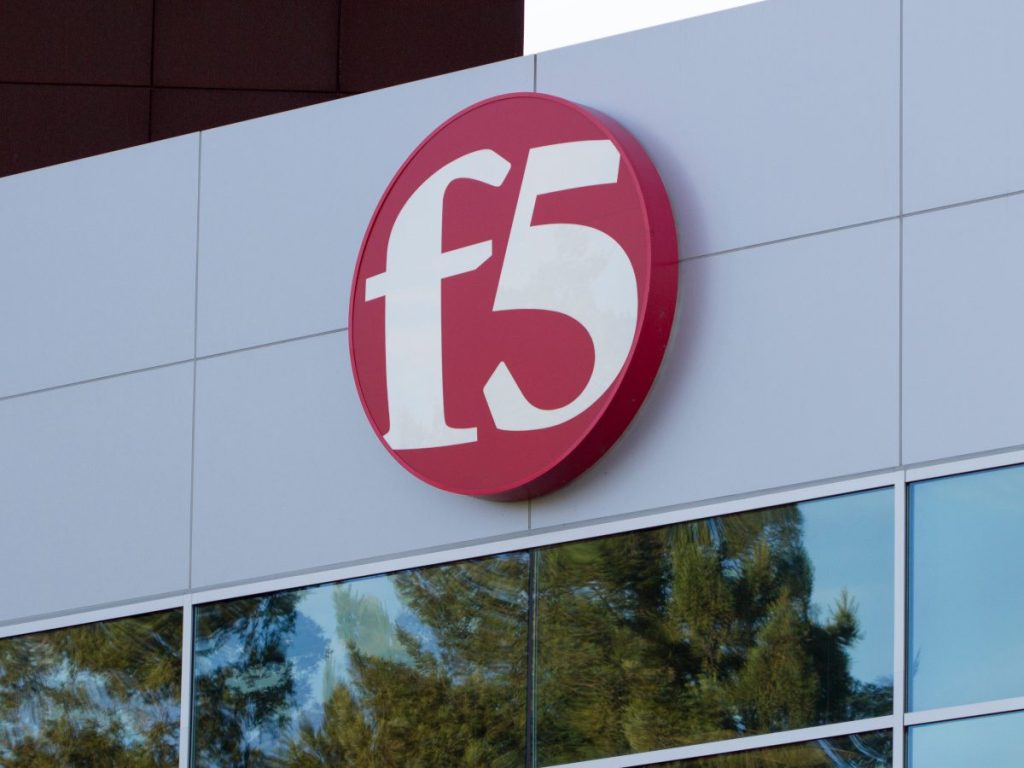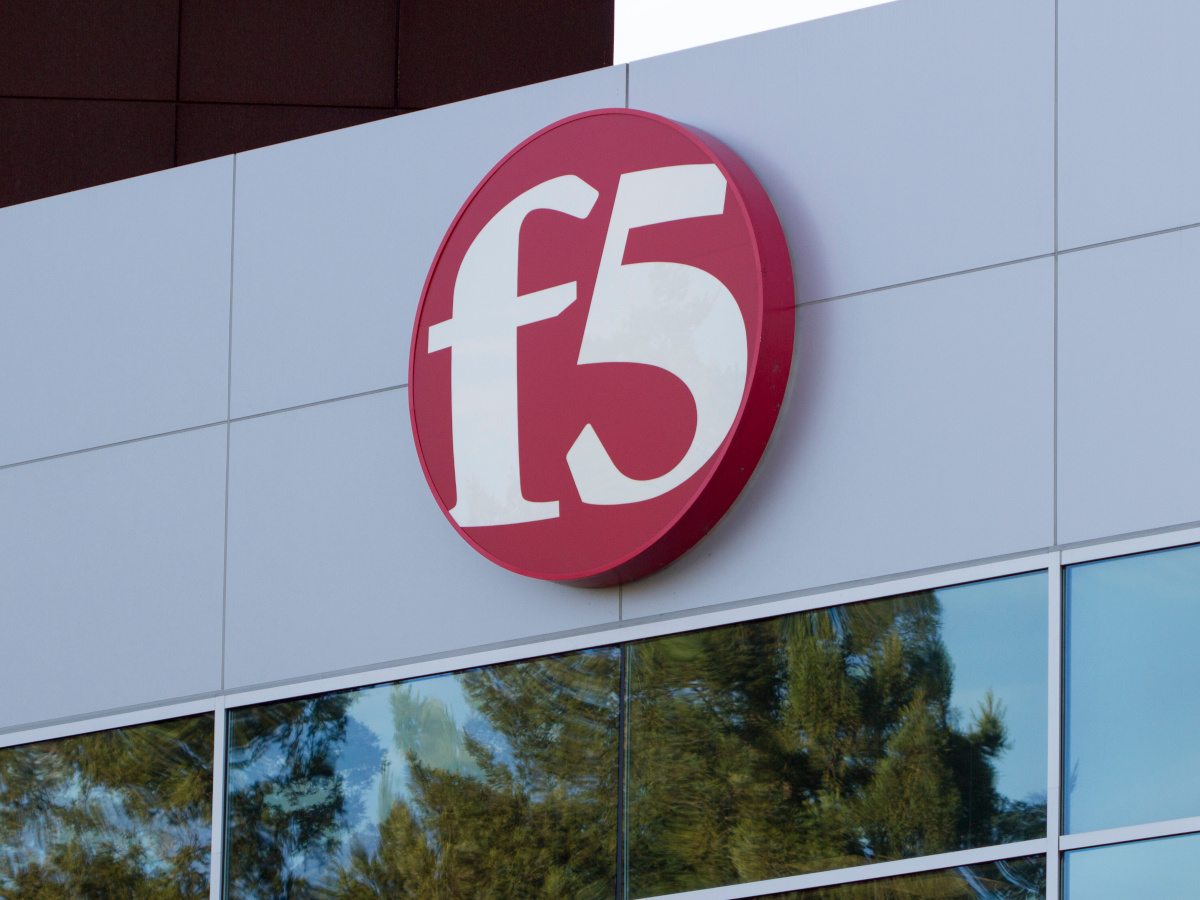
A significant hack at F5, a top U.S. cybersecurity firm, has been linked to Chinese state-sponsored hackers. The hackers are said to have had access for more than a year, siphoning sensitive information and taking advantage of vulnerabilities.
Hack at a Top Cybersecurity Company
F5 Inc., a Seattle-area cybersecurity and cloud services company, was the target of a massive cyber hack. Sources attribute the attack to state-sponsored Chinese hackers. The firm reported in filings with regulators that the attackers have “long-term, persistent access” to some internal systems and were said to have stolen sensitive documents, including parts of proprietary source code and information on software vulnerabilities. That suggests the breach could have ripple effects extending far beyond F5 itself, potentially compromising dozens of organizations if exploited using the stolen flaws.
Nation-State Hackers Wait Over a Year
Experts determined that the attackers had been within F5’s network for over a year before they were discovered. These prolonged, undetected sessions are typical of advanced persistent threat (APT) groups with nation-state sponsorship. It’s like earlier cyber-espionage campaigns by China that played out over several years; for instance, “Cloud Hopper” involved Chinese attackers compromising several international IT providers over a years-long penetration.
These APT groups do not wish to be seen, steal information, and collect intelligence instead of speed-smashing-grabbing attacks. The F5 hack highlights that even the best security companies are not exempt from advanced attackers, citing that no entity can be said to be secure.
Official Warnings and International Response
The threat warning was publicly announced a day before the breach happened, with U.S. officials issuing the warning that federal government networks were targeted through vulnerabilities in F5’s products. This is to say that the hackers may have used F5’s software vulnerabilities against others, and this has raised concerns of a “catastrophic compromise of critical information systems” at large, the acting head of CISA warned.
Although the United States Cybersecurity and Infrastructure Security Agency did not formally confirm China’s involvement, its sophistication and timing are consistent with state-sponsored attacks. Whereas the Chinese government dismissed the allegations, one of their spokeswomen claimed China does not oppose hacking and blamed others for providing disinformation. Denials of this kind are typical in global cyber events despite proof and analyses often pinning blame on traceable groups of identifiable hackers with known affiliations with foreign intelligence departments.




